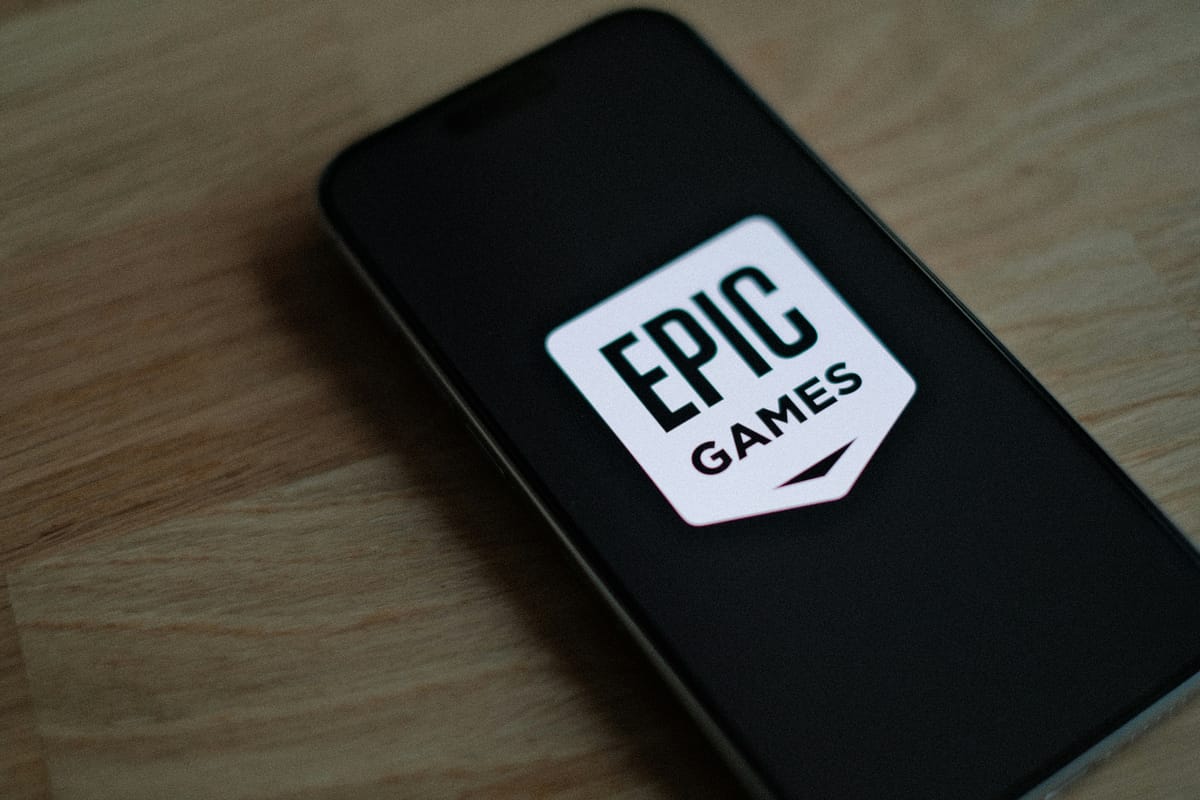Samsung and Epic Games End Legal Battle: A Strategic Partnership Emerges from App Store Dispute
The tech giants have transformed their courtroom conflict into a collaborative partnership, signaling a potential shift in how major players navigate the complex world of app distribution and mobile gaming.
Samsung and Epic Games have officially called a truce in their high-profile legal dispute over app store policies, marking a significant development in the ongoing battles between platform holders and content creators. The resolution comes after months of contentious litigation that began when Epic challenged Samsung's Galaxy Store policies, mirroring the company's broader campaign against app store monopolies.
From Adversaries to Allies
The settlement represents more than just an end to legal hostilities—it's evolved into a strategic partnership that could reshape how gaming content is distributed on Samsung devices. While specific financial terms remain undisclosed, sources close to the negotiations indicate that both companies have agreed to work together on future gaming initiatives and content distribution strategies.
Epic Games, the powerhouse behind Fortnite and the Unreal Engine, had initially sued Samsung over what it claimed were restrictive policies that limited developers' ability to distribute apps and collect payments directly from users. The dispute centered on Samsung's Galaxy Store requirements, which Epic argued created unfair barriers for developers and inflated costs for consumers.
The Broader Context of App Store Wars
This resolution comes at a crucial time in the tech industry's ongoing app store debates. Epic Games has been at the forefront of challenging what it sees as monopolistic practices by major platform holders. The company's legal battles with Apple and Google have drawn widespread attention to the 30% commission fees that app stores typically charge developers—a practice Epic has consistently criticized as excessive.
Samsung's Galaxy Store, while smaller than its competitors, represents a significant alternative distribution channel for Android users. With over 1.5 billion Samsung devices in use globally, the platform's policies have substantial implications for developers and consumers alike. The company has been working to position its store as a more developer-friendly alternative to the Google Play Store, making this partnership with Epic particularly strategic.
What the Partnership Means for Developers
The collaboration between Samsung and Epic is expected to introduce new opportunities for game developers and content creators. Industry analysts suggest that the partnership could lead to more favorable revenue-sharing arrangements for developers publishing games on Samsung devices. This could include reduced commission fees for certain types of content and enhanced promotional opportunities for indie developers.
The agreement also signals Samsung's commitment to building a more robust gaming ecosystem around its devices. With mobile gaming generating over $100 billion in revenue annually, securing partnerships with major game developers like Epic represents a significant competitive advantage in the smartphone market.
Consumer Benefits and Market Implications
For consumers, this partnership could translate into better gaming experiences on Samsung devices, potentially including exclusive content, early access to new games, and optimized performance for Epic's titles. The collaboration may also lead to more competitive pricing for in-app purchases and game downloads.
The settlement also has broader implications for the mobile gaming industry. It demonstrates that major tech companies are increasingly willing to negotiate and find mutually beneficial solutions rather than engage in protracted legal battles. This pragmatic approach could encourage other platform holders to reconsider their policies and explore more collaborative relationships with content creators.
Looking Forward
As the app store landscape continues to evolve, partnerships like this one between Samsung and Epic Games represent a new model for how tech giants can work together despite fundamental disagreements about platform policies. The collaboration showcases how former adversaries can find common ground when both parties recognize the mutual benefits of cooperation.
The Samsung-Epic partnership marks a turning point in app store disputes, demonstrating that strategic collaboration can emerge from legal conflicts. As both companies move forward with their joint initiatives, the broader tech industry will be watching closely to see if this model of resolution becomes the new standard for navigating platform disputes. For developers and consumers alike, this partnership promises enhanced opportunities and experiences in the rapidly evolving world of mobile gaming.
